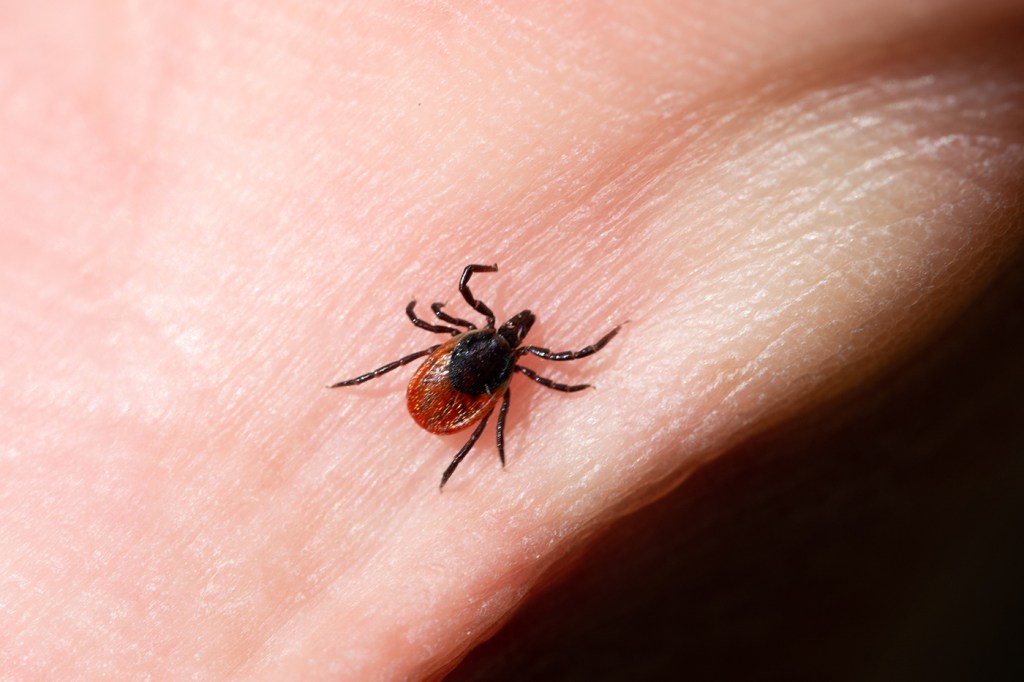A Lyme vaccine is in late-stage trials. Could an anti-tick vaccine be next?

As a vaccine against Lyme disease enters late-stage clinical trials, scientists around the globe are already looking beyond Lyme and exploring the possibility of an anti-tick vaccine that could effectively protect against all kinds of tick-borne diseases.
The research centers around a weird — and some would say wonderful — phenomenon called acquired tick resistance (ATR).
Basically, a human or animal with ATR has had so many tick infestations that they’ve developed an immune response that causes ticks attempting to feed on them to fall off and even die, says Constantin Takacs, an assistant professor of biology at Northeastern University.
“This actually works beautifully in hamsters,” says Takacs, who joined Northeastern in 2023 and is an expert in Borrelia burgdorferi, the bacterium that causes Lyme disease.
Editor’s Picks
“You feed a round of ticks on hamsters — the ticks feed fine,” he says. “You feed a second round of ticks on hamsters, the ticks still feed OK.”
“You feed the third round of ticks on hamsters — the ticks don’t feed well. They die. They fall off before they can finish feeding. And the hamster develops a rash at the site of the tick attachment.”
“It’s an acquired immunity process,” Takacs says.
He says research, including at the Fikrig lab at Yale, suggests host animals that ticks have fed on “develop an immune reaction to the saliva and possibly to other tick parts.”
“The idea is that if you vaccinate using tick saliva components, you induce an immune response akin to a prior tick exposure,” Takacs says.
“If the tick cannot feed and falls off prematurely, then the pathogens don’t make it into the vaccinated host either,” he says.
A Lyme vaccine currently is on the horizon, with Pfizer and Valneva being in the late stages of a clinical trial for VLA15. The partners hope that if all goes well, they can apply for a license from the U.S. Food and Drug Administration in 2026.
Brandon Dionne, an associate clinical professor in Northeastern’s School of Pharmacy and Pharmaceutical Sciences, has said VLA15 works by targeting an outer surface protein of Borrelia burgdorferi, the bacterium that causes Lyme disease.
The vaccine blocks the protein, OspA, which prevents the spiral-shaped bacterium from being able to leave the tick and infect any humans it has bitten, Dionne says.
While a Lyme vaccine could make a dent in the approximately 476,000 cases of Lyme disease diagnosed annually in the U.S. as a result of deer tick bites, an anti-tick vaccine could also, in theory, protect against a proliferating number of other tick-borne diseases such as malarial-like babesiosis and potentially deadly Powassan virus.
Tick ecologist Richard Ostfeld, who is based in New York, wrote about his own experiences with acquired tick resistance (ATR) and said he hopes researchers will pursue an anti-tick vaccine, particularly for people in high-risk areas.
“A superpower like killing ticks is something that should be widely shared,” Ostfeld wrote.











